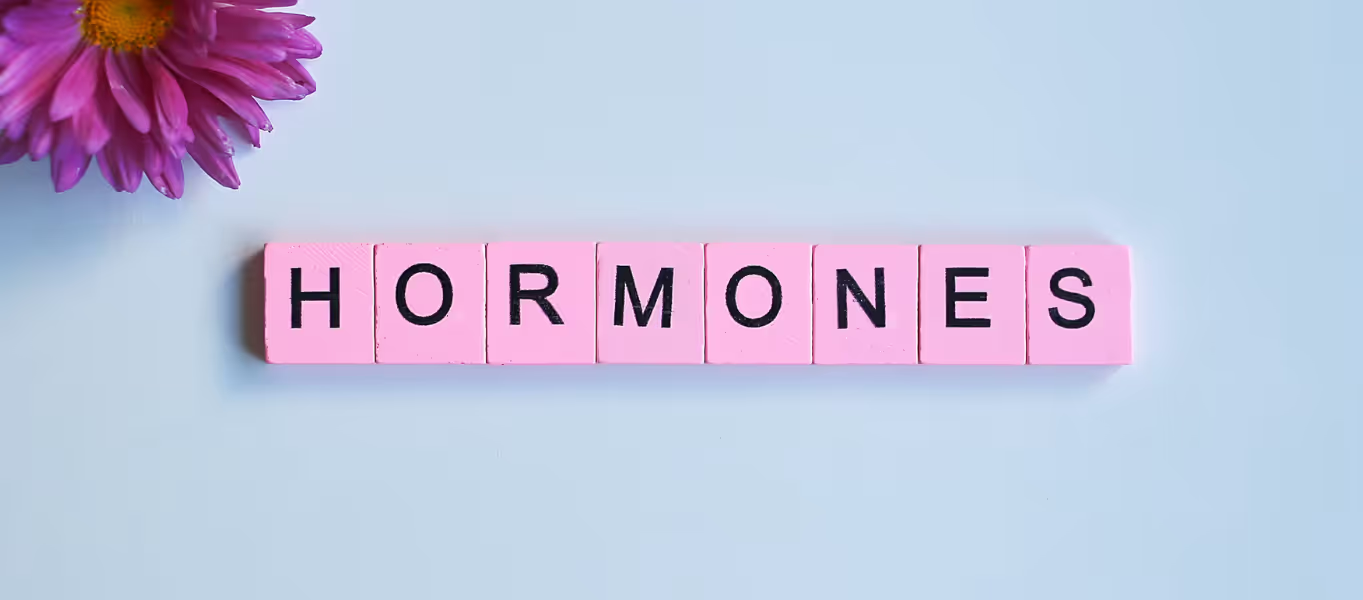New clinics open in London and Hale for in-person appointments


New clinics open in London and Hale for in-person appointments


New clinics open in London and Hale for in-person appointments
You must already be using body identical HRT, patches, gels or spray to be able to book a testosterone appointment. This appointment will be to discuss testosterone only, therefore if you're not yet established on HRT you won't be eligible for this appointment.
At Newson Clinic our patients tell us that they experience low mood, anxiety, irritability, physical fatigue, memory loss, insomnia, hot flushes, joint pains, and urinary complaints including incontinence which we know can be a sign of low testosterone in women.
Testosterone is an important hormone for women. It’s best known for influencing libido but it also helps to maintain muscle and bone strength, contributes to mental sharpness and clarity, and helps with your overall mood and energy levels.
During perimenopause and menopause, levels of testosterone fall. You may find that you desire sex less often and when you do have sex, it’s not as enjoyable as it used to be. Other symptoms of low testosterone in women include low mood, anxiety, irritability, physical fatigue, memory loss, insomnia, hot flushes, joint pains, and urinary complaints including incontinence.
Yes, premenopausal women produce both testosterone and oestrogen physiologically. Androgens – or sex hormones – including testosterone, are essential for the development and maintenance of female sexual anatomy and physiology and the modulation of sexual behaviour.
Yes, low testosterone levels in women can contribute to anxiety. Testosterone plays a role in regulating mood, and low levels may lead to feelings of anxiety and nervousness.
A woman may suspect low testosterone if she experiences symptoms such as decreased libido, fatigue, loss of muscle mass, mood swings, and difficulty concentrating. However, diagnosing low testosterone requires a blood test to measure testosterone levels in women.
Many women find that taking testosterone as part of their HRT, whether via cream or a specifically formulated testosterone gel for women, provides further improvements than taking oestrogen alone (with or without a progesterone). Adding testosterone as part of HRT can have a positive effect on issues related to testosterone and menopause, such as increased libido, improved energy and stamina, improved muscle mass and strength, better concentration, clarity of thought and memory plus improved sleep.
Testosterone gel or testosterone creams for women is often preferred because it allows for precise dosing and easy application. It is applied daily to the skin, usually on the thigh or upper arm. However, the choice of testosterone formulation should be based on individual needs and preferences, and it’s important to consult a healthcare provider for personalised advice.
Taking a testosterone booster for women can potentially lead to an imbalance in hormone levels, causing side effects such as acne, oily skin, increased facial and body hair growth, menstrual irregularities, and mood changes. Women need to consult a healthcare professional before considering testosterone supplementation.

Our patients tell us that in addition to improved libido, testosterone for menopause symptoms can help improve anxiety, brain fog, fatigue and exercise tolerance.
NICE menopause guidelines recommend testosterone if you are experiencing low sex drive and HRT alone is not helping.
A testosterone appointment is a shorter (up to 25 minutes), lower cost appointment with a clinician that focuses purely on your suitability for testosterone and the likely benefits of adding it to your existing HRT regime.
We usually recommend a blood test before your testosterone appointment to check testosterone levels and to exclude other causes for your symptoms. Blood tests can be arranged close to home or via a home visit. You can book a blood test on our website or by calling us on 01789 595004.